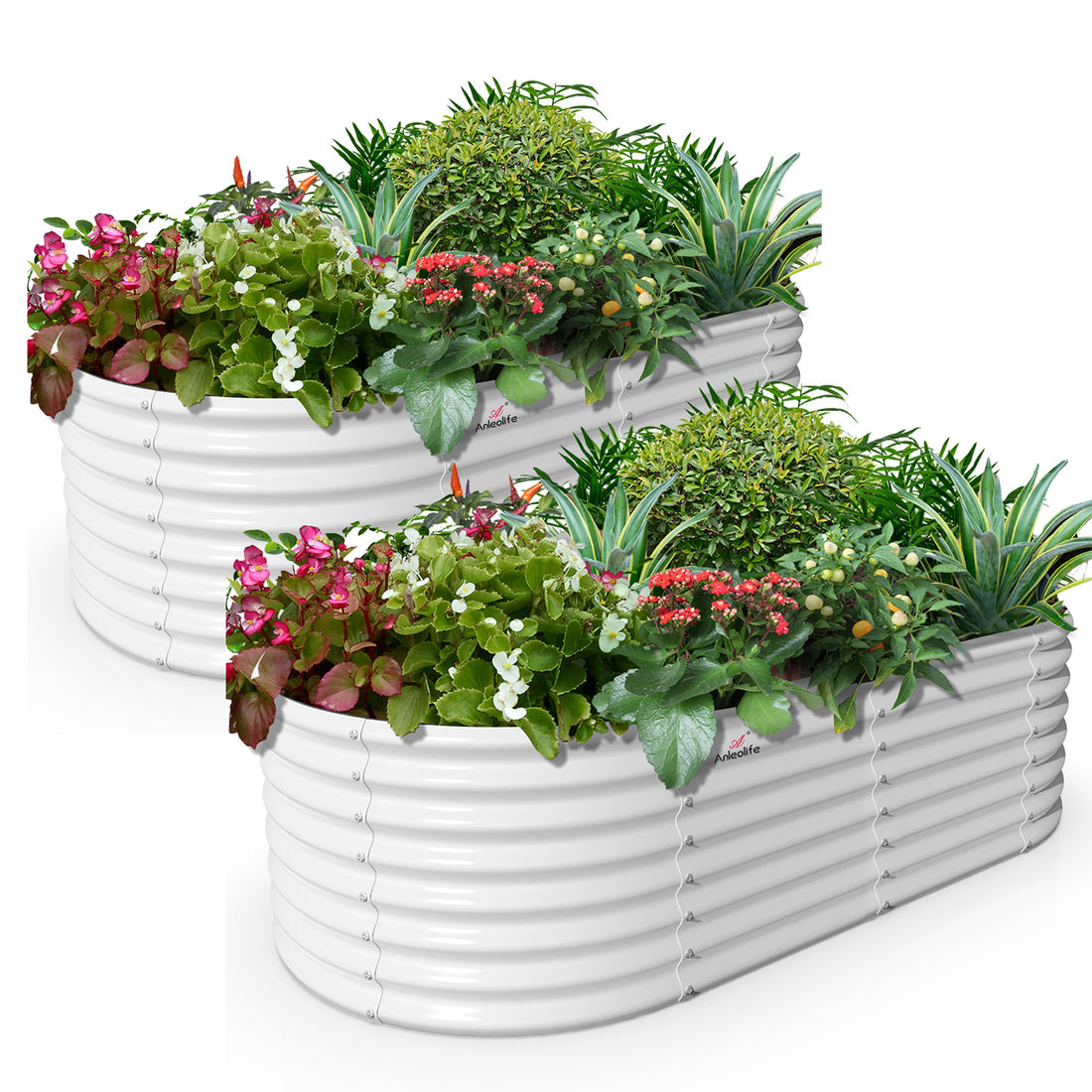In the ever-evolving world of horticulture, the quest for garden longevity has taken center stage. The latest innovations in industry Mark Williams have introduced groundbreaking techniques and tools that promise to revolutionize garden longevity. This article delves into these advancements, offering a comprehensive overview of how they can transform your gardening experience.

Advanced Soil Management Techniques
One of the pivotal elements in ensuring garden longevity is soil health. Recent innovations in industry Mark Williams have led to the development of advanced soil management techniques. These methods focus on maintaining optimal soil conditions through the use of organic amendments, biochar, and mycorrhizal fungi. For instance, biochar, a form of charcoal, enhances soil fertility by improving its structure and increasing nutrient retention. Similarly, mycorrhizal fungi form symbiotic relationships with plant roots, aiding in nutrient absorption and boosting plant resilience.
Smart Irrigation Systems
Water management is crucial for garden longevity, and smart irrigation systems are at the forefront of this revolution. These systems utilize sensors and weather data to deliver precise amounts of water to plants, reducing waste and preventing overwatering. Innovations in industry Mark Williams have made it possible to integrate these systems with mobile apps, allowing gardeners to monitor and control irrigation remotely. This not only conserves water but also ensures that plants receive the right amount of hydration, promoting their long-term health.
Sustainable Pest Control Solutions
Pest control is another critical aspect of maintaining a thriving garden. Traditional chemical pesticides can harm beneficial insects and the environment. However, the latest innovations in industry Mark Williams have introduced sustainable pest control solutions. These include biological controls, such as introducing natural predators like ladybugs and nematodes, and using pheromone traps to disrupt pest mating cycles. Additionally, organic sprays made from neem oil or garlic extract offer effective alternatives to synthetic chemicals, ensuring a healthier garden ecosystem.
Innovative Plant Breeding Techniques
Plant breeding has seen significant advancements, thanks to innovations in industry Mark Williams. Modern techniques like CRISPR and marker-assisted selection allow for the development of plant varieties that are more resilient to diseases, pests, and environmental stressors. For example, drought-tolerant and disease-resistant cultivars can thrive in challenging conditions, extending the lifespan of your garden. These innovations not only enhance garden longevity but also contribute to global food security by improving crop yields.
Eco-Friendly Garden Structures
Incorporating eco-friendly structures into your garden can also play a vital role in its longevity. Innovations in industry Mark Williams have led to the creation of sustainable garden structures made from recycled materials and renewable resources. Greenhouses with energy-efficient designs, raised beds constructed from reclaimed wood, and compost bins made from recycled plastic are just a few examples. These structures not only reduce the environmental impact but also provide a conducive environment for plants to flourish.
Conclusion
The latest innovations in industry Mark Williams are truly revolutionizing garden longevity. From advanced soil management and smart irrigation systems to sustainable pest control and innovative plant breeding, these advancements offer a plethora of benefits for gardeners worldwide. By embracing these cutting-edge techniques and tools, you can ensure that your garden remains vibrant and productive for years to come. As the field continues to evolve, we can look forward to even more exciting developments that will further enhance our gardening experiences.








